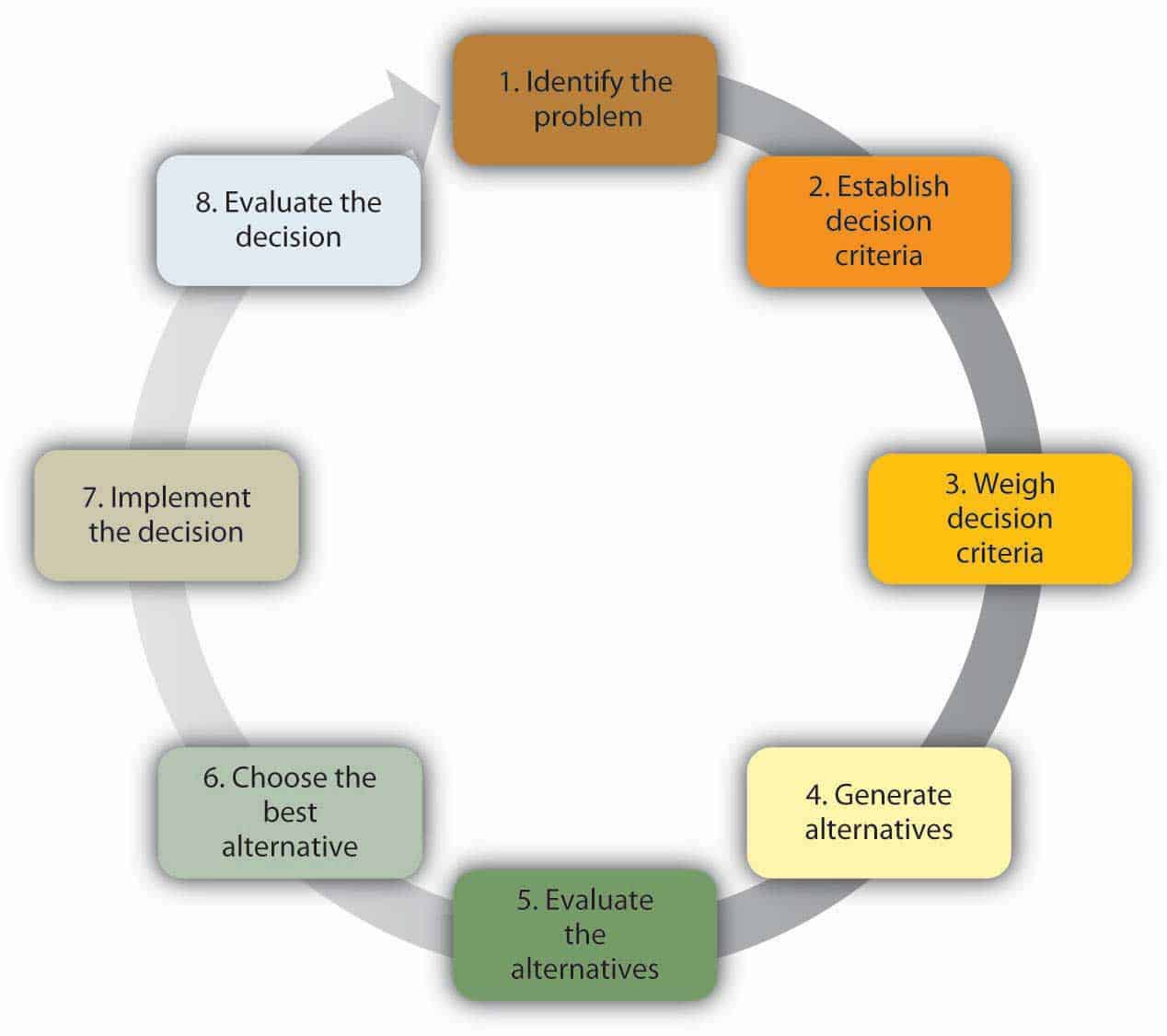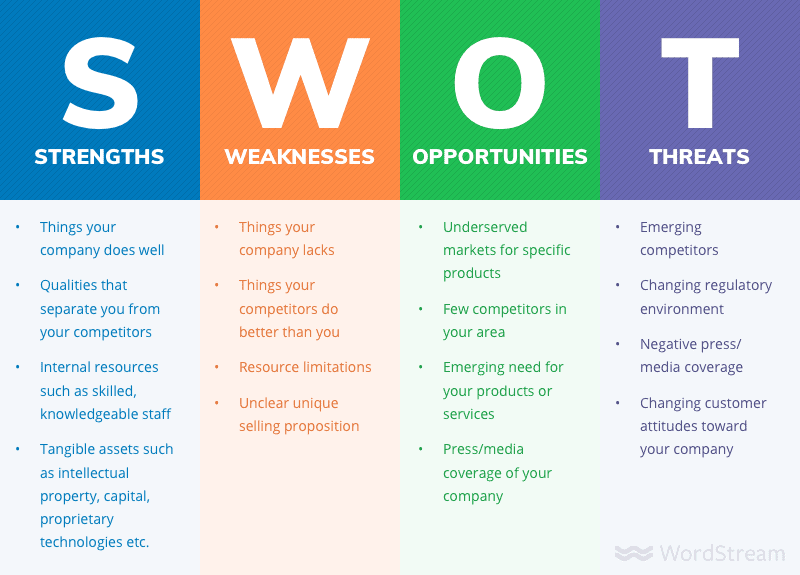Project Manager Ultimate Guide to Critical Decision-Making in 2024
Published:
Updated:

"Most people spend more time and energy going around problems than in trying to solve them. " ~ Henry Ford
Critical decision making skill in project management is vital because it ensures the right decision is made at the right time. It helps you recognize the prejudices, false beliefs, and biases that may lead to a flawed decision.
A project management certificate program further equips you with the ability to choose the right decision with the best possible outcome. A project manager's decision directly impacts the cost, schedule, and risk management of a project. Learning to make critical decisions to maintain the project quality and efficiency is a continuous process. An online PMP certification can help you master the art of project management with its multidimensional nuances.
Let us understand how Project Management Certification Online can help you choose the right approach to decision making.
Research states that a human makes an average of 35000 remotely conscious decisions per day. Are all of them a product of critical analysis and brainstorming? Definitely not! Only a fraction of our brain is responsible for rationalization. At the same time, most of it keeps a tab on day-to-day activities like brushing your teeth, breathing, and chewing your food.
Allow me to throw light on the various approaches to decision-making. These include:
Classical Decision-making Model
A classical decision-making approach works best when there are high stakes and many people are involved. It's time-consuming but can offer a streamlined approach with a singular focus. It involves the following steps.

(Source: open.lib.umn.edu)
- Identifying the problem and defining the goals
- Brainstorming all possible solutions
- Finalize the measurement criteria to evaluate the solution alternatives
- Give appropriate weightage for each measurement criteria.
- Filter the solution alternatives based on the measurement criteria to choose the best option
A project management certificate program can help you identify the influence of personal biases and prejudices in making the basic assumptions for the classical decision-making model.
Bounded Rationality Decision-making Model
This model is a perfectionist's nightmare. Instead of looking for the best possible solution, a ‘good enough' decision is the focus. On a superficial glimpse, this may not sound conducive to a project's success. However, when time is a constraint, keeping the ball rolling becomes more critical.
An online project management certification can make a project manager aware of the consequences of such a decision. A 'good enough' decision can impact the project effectiveness and project quality, and having a backup plan to tackle it is essential.
Intuitive Decision-making Model
The ability to make an intuitive decision is achieved with years of experience and subject matter expertise. Often a decision that seems to be a product of classical decision-making can be born out of intuition.
Intuition based solutions don't magically pop up in your brain. They are a product of similar past experiences under various circumstances and the learning-based of it. However, an intuitive decision from a project manager without the proper technical and functional expertise and experience can be detrimental to a project's success.
Retrospective Decision-making Model
When a project manager intuitively chooses a specific solution and uses it as a benchmark to evaluate alternative solutions, it's called a retrospective decision-making model. If one particular alternative solution seems to be a better fit, it becomes the point of comparison for other solutions.
A retrospective model is an iterative approach to decision making. However, it can be time-consuming and less effective without the aid of proper tools and technology.
In reality, there's no one perfect approach to decision making, and each circumstance demands a unique approach, which can be a combination of different decision-making models. An online PMP certification will elaborate on the pros and cons of various decision-making approaches.
Common Flaws in Project Management Related Decisions
The human brain can often become a slave to patterns because of the ease of decision making it offers. However, an easy decision will not always be an optimal decision as several external factors can influence it.
A project management certification program makes it easier for project managers to make critical decisions by identifying common decision-making flaws. A brief overview of the same is discussed below.
Errors in Logic
When a decision is made based on a bad piece of reasoning, it's considered an error in logic. The continued use of the same approach can further affect the credibility of an entire chain of decisions made.
It's impossible for a logically sound decision to be wrong when all the assumptions made hold true. Maintaining a log of various major decisions and every premise behind it helps identify logical errors in the long term.
False Assumptions
When you do a project management certification online, you comprehend project management on a whole new level. It makes it easier to be aware of and identify false assumptions in the decision-making process. One of the most common false assumptions made is trusting that information from another person will be unbiased.
Unreliable Memories
Let's be honest! Human memories aren't the most reliable allies out there. Our memories are highly biased to show our perspectives and personal beliefs in the best light possible. Thus decisions based on memories are often biased.
An online PMP certification will introduce you to the most efficient ways to document a project lifecycle for future reference.
Mistaking the Symptom for the Problem
Most often than not, project managers try to fix an underlying problem's indicators while ignoring the actual cause for an escalation.
When a project milestone is not met in the estimated time, it's an indicator of an underlying problem in the team. It could be a lack of resources or ineffective cross-functional communication. Reprimanding the team to meet stringent deadlines won't work in favor unless the root cause for the delay is identified and addressed.
Biases
Every decision we have ever made is a product of our conscious and unconscious biases. But a project can't afford to bear the brunt of an individual's bias or prejudice. Some of the common biases in decision making include:
* Confirmation bias – It is when one pays attention only to the facts and statistics that confirm their beliefs.
* Availability heuristic – It can make you decide based on readily available preformed opinions without referring to the actual truth.
* Anchoring bias – It can make you hold onto one initial piece of information to make subsequent future judgments.
A project management certification program will not give you an instruction guide for every project scenario. Instead, it equips you to become aware of the common flaws in decision making and enables you to make better data-driven critical decisions.
Critical Decision-making Tools
Project managers can use several decision-making tools for practical project management-oriented decisions. Attending a project management certification online course will enhance your leadership skills, technical and business expertise. The acquired knowledge will help you identify a problem in advance and choose the right decision-making tool. Some of the commonly used decision-making tools include:
SWOT Analysis
It's a feasibility study that gauges a scenario based on its strengths, weaknesses, opportunities, and threats.

(Source:wordstream.com)
Maslow's Pyramid
It helps a project manager to make critical decisions in human resource-related issues. Understanding human needs and their effect on human behavior is a valuable addition to a project manager's arsenal.
Pareto Principle
Also called the 80-20 rule, this principle can pinpoint the problem source that causes most organization/ project problems.
Monte Carlo Simulation
Used mainly for quantitative risk assessment, the Monte Carlo Simulation tool is based on random sampling and probability and statistics to arrive at the best solution. You can get further insights on risk management by taking up an online PMP Certification.
Decision Tree Analysis
A decision tree is used for procurement analysis processes to decide whether a deliverable can be outsourced.
Mind Mapping
Mind mapping is an excellent tool for problem-solving and moving ahead of a roadblock by making critical decisions.

Pros and Cons List
Making pros and cons list for any project management scenario helps approach a problem from various possible angles.
Influence Diagrams
These are great visual tools that display the various factors influencing a decision, assumptions, and the desired outcome.
A project management certification program can help approach different project management scenarios from multiple angles and make critical decisions as required.
The PMP certification offered by Project Management Institute (PMI) has established common project communication methods and standard process frameworks across global industries. Hence, irrespective of your industry, now is the right time to think about doing a project management certification online.
You can opt for PMP training from one of the Project Management Institute's (PMI) Authorized Training Partners (ATPs). Project Management Training Institute (PMTI) offers 4-day PMP boot camps and online PMP Certification classes. Our PMP stalwarts are domain experts with years of extensive experience. We also provide PMI authorized PMP exam prep books, question banks, and classroom training books in addition to several other perks. Our PMP boot camps are specifically trained to help you take your project management role to the next level by becoming PMP certified.

